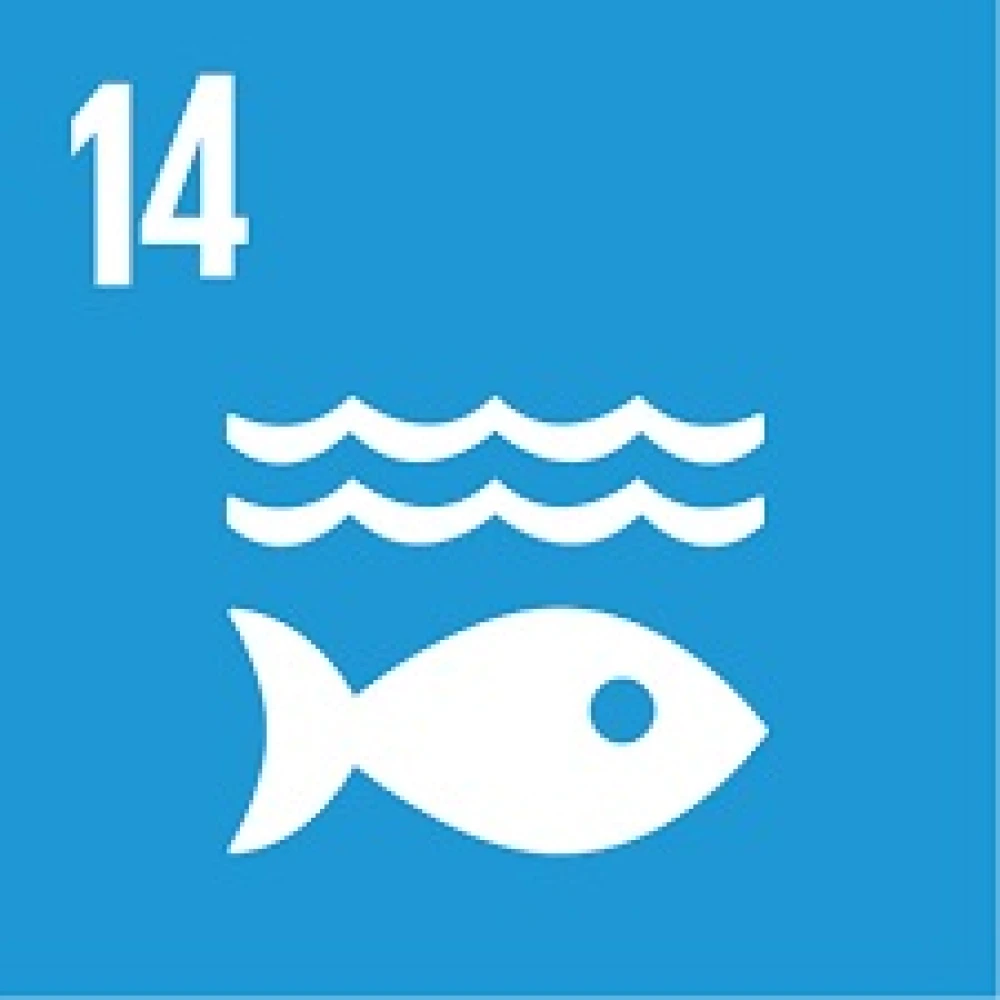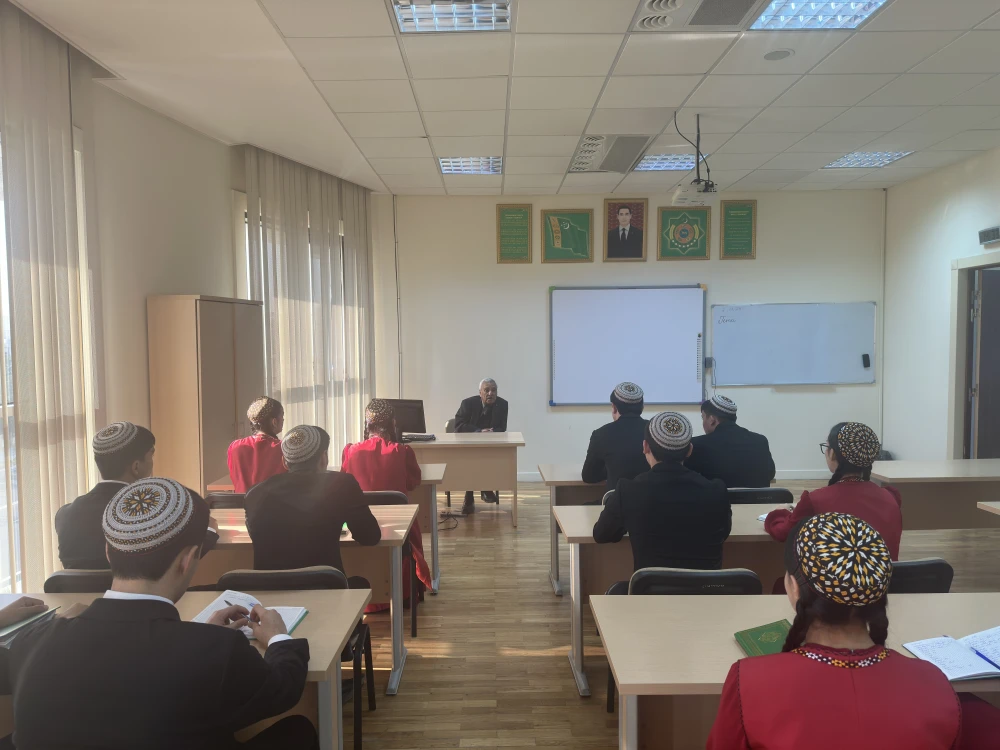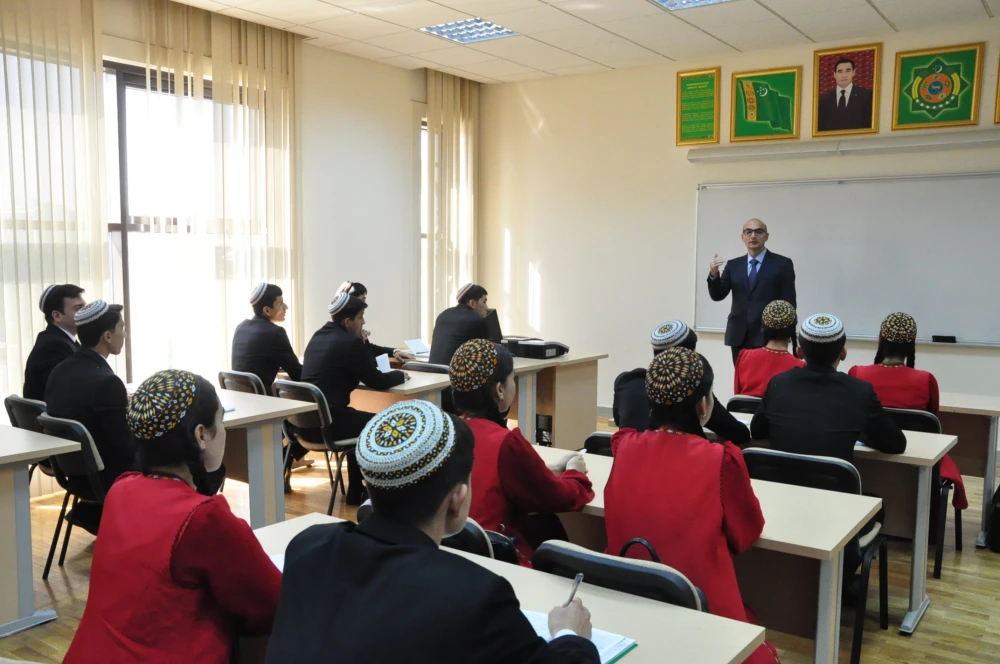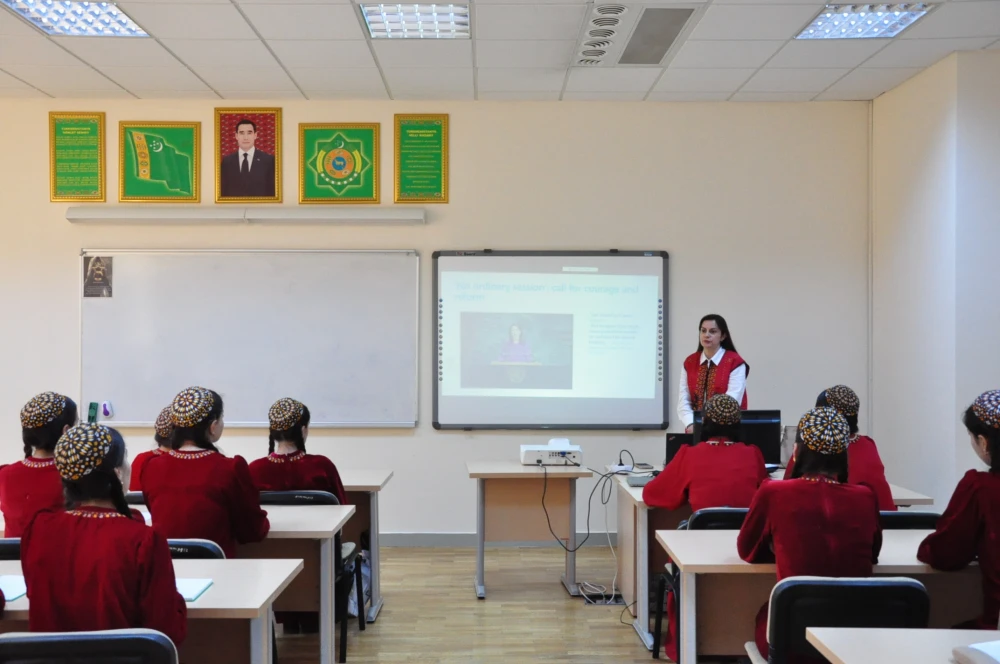
2041
Sustainable Development Goal 14 “Life below water”
Nowadays oceans, seas, and marine resources face the threats of marine and nutrient pollution, resource depletion and climate change, all of which are caused primarily by human actions. These threats place further pressure on environmental systems, like natural infrastructure and biodiversity, as well as creating global social and economic problems, like health, safety and financial risks. In order to combat these issues and promote ocean sustainability, innovative solutions that prevent and mitigate detrimental impacts to marine environments are essential. Businesses have a role to play in the area of ocean management as their practices and operations can greatly affect marine life and resources as well as generate waste and pollution.
Sustainable Development Goal 14 aims to cutmarine pollution, restore and conserve marine and coastal areas and ecosystems, ending unsustainable fishing practices, and improving the management of marine resources, to ensure both economic benefits for all and the protection of seas and oceans.
Turkmenistan as an active member of United Nations spares no effort to ensure environmental protection, as well as conservation and rational use of sea and marine resources.
In the achievement of the SDG 14, the key importance attached to ensuring the ecological well-being of the Caspian Sea - the largest inland water body of the planet, isolated from the world's oceans, which is a true pearl of nature with an exceptionally rich and diverse flora and fauna.
The further development of the country's scientific and technical potential contributes to the preservation of the ecological well-being of the Caspian Sea. As a concrete example, we can cite the modernization and technical re-equipment of the Turkmenbashi complex of oil refineries. The construction of new technological units and other industrial infrastructure facilities at the complex is carried out using advanced technologies taking into account environmental protection.
The Hazar State Reserve amazes with the diversity of flora and fauna, hundreds of species of flora and fauna can be found there, which represent an invaluable gene pool of the planet's biological diversity. Wetlands off the Turkmen coast of the Caspian Sea, where the Central Asian and East African migratory routes of bird flocks intersect, serve as habitats, nesting and wintering grounds for hundreds of thousands of birds - flamingos, swans, geese, ducks, herons, pelicans - and are included in a special list of the Ramsar Convention from the status of wetlands of international importance.
Turkmenistan, together with Caspian littoral states, have implemented the Caspian Environmental Program, which is an important mechanism for coordinating the efforts of the Caspian countries to prevent and reduce sea pollution, preserve its unique biodiversity, and ensure environmental monitoring.
In this regard, the summits of the heads of the Caspian states held in Ashgabat, Tehran, Baku, Astrakhan and Aktau became a significant stage in the further advancement of joint efforts aimed at developing good-neighborly relations between the five Caspian countries.
As is known, the Framework Convention for the Protection of the Marine Environment of the Caspian Sea (the Tehran Convention) was prepared, which laid the legal foundations for environmental activities in the Caspian Sea. The Convention entered into force immediately after ratification by the parliaments of all the Caspian states on August 12, 2006, and since then this day has been officially declared the International Day of the Caspian Sea, which is celebrated by all littoral countries.
In this context, the urgency of the international initiatives put forward by the head of Turkmenistan at the sessions of the UN General Assembly, the UN Conference on Sustainable Development "Rio + 20" and other major forums are essential to emphasize. Among them are initiatives to open a Regional Center for Technologies related to climate change in Central Asia in Ashgabat, as well as other globally important initiatives.
Meylis Hojamyradov,
Student of the Institute of International Relations
of the Ministry of Foreign Affairs of Turkmenistan,
Young SDGs Ambassador


